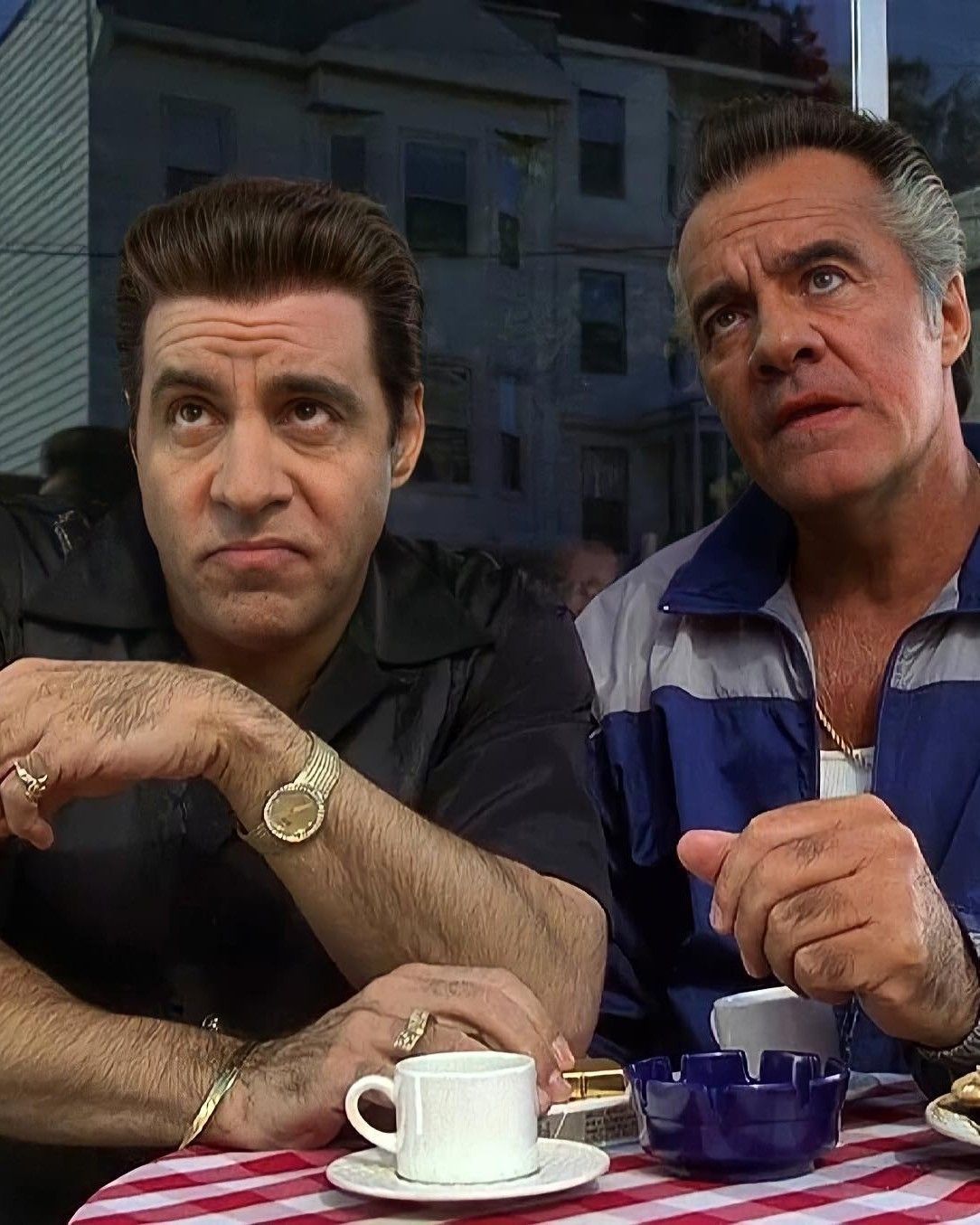
How is Sally Rooney able to tell us about our times The best-loved writer of her generation
Sally Rooney's fourth book, Intermezzo, available in Italian starting from November 12, judging by the reviews released so far, seems to meet the high expectations it generated. Unlike the other novels by the Irish writer, this time the protagonists are two men, but in terms of literary quality and themes, Intermezzo is considered on par with Rooney's previous works, which were all very successful. In Italy, her books have sold tens of thousands of copies, while Normal People, her second novel, which was also adapted into a highly acclaimed TV series, has sold over a hundred thousand copies. Rooney published her first work, Conversations with Friends, at the age of 26: the book began selling well mainly due to an enormous word-of-mouth effect, which helped turn it into a publishing sensation and introduced the writer internationally. Normal People, published in 2018, was the novel that established her definitively: it was nominated for various awards, including the Man Booker Prize (the most prestigious British literary award), won the Irish Book Awards, and was translated into over forty languages. After three books that sold millions of copies worldwide and great critical success, Rooney's fame has probably reached an unmatched level for a contemporary writer just over thirty.
Understanding Sally Rooney's Success
@literaryfling please enjoy my ted talk #intermezzo #sallyrooney #sallyrooneycinematicuniverse #literaryfiction original sound - stacey
It's not easy to classify Rooney into a single literary genre – she herself has said that she draws inspiration from classic authors of the past, like Jane Austen, Henry James, and Fyodor Dostoevsky. Some say that the writer’s works could be considered literary romances (that is, works of a higher level than traditional romance novels) both in terms of narrative quality and style. Rooney has also consistently stated that there is nothing autobiographical in what she writes, and that she prefers to continue focusing on fiction. The writer mainly focuses on feelings and relationships, with a particular emphasis on how younger people experience them. In all her books, the erotic component is quite prominent. Rooney’s novels don’t introduce new elements in plot development; in fact, one might even argue that almost nothing happens in her stories. The Irish writer is read by a wide audience and loved especially by her peers precisely for her ability to address extremely contemporary dynamics. More than the plot, the strength of her books lies in the depiction of the characters and their interactions – always in the third person. For these reasons, Rooney is highly appreciated by critics for her distinctive and original literary style.
what i love about sally rooney is that she's a marxist and yet everything i've read by her has featured rich people
— feral (@ncrmalpeople) April 4, 2021
However, Sally Rooney's works also have detractors, who often view her tendency to always depict the same wealthy, white, and educated environment as limited and contrived – dealing with issues that are often considered less pressing than more urgent, current matters. Indeed, her books are not “committed” in nature, though the writer is attentive to certain aspects of contemporary society, such as job insecurity, housing costs, differences between big cities and rural areas, and climate change anxiety. Over the years, Rooney has also been open about her political views, having publicly supported the Palestinian cause as well as abortion rights and housing rights multiple times. Although she is very private and keeps her distance from mainstream circuits (she lives in a small town in Northern Ireland), Rooney's books have been appreciated and discussed by prominent figures, including Ayo Edebiri, Sarah Jessica Parker, Emily Ratajkowski, Taylor Swift, and Barack Obama, among others. After overseeing the production of the TV series adaptation of Normal People (which launched the careers of Paul Mescal and Daisy Edgar-Jones), as well as Conversations with Friends, Rooney decided not to sell the rights for the last two novels for television or film adaptations: a significant step back in terms of visibility and financial prospects, but necessary – as she explained to the New York Times – to allow her to focus more on writing.















































